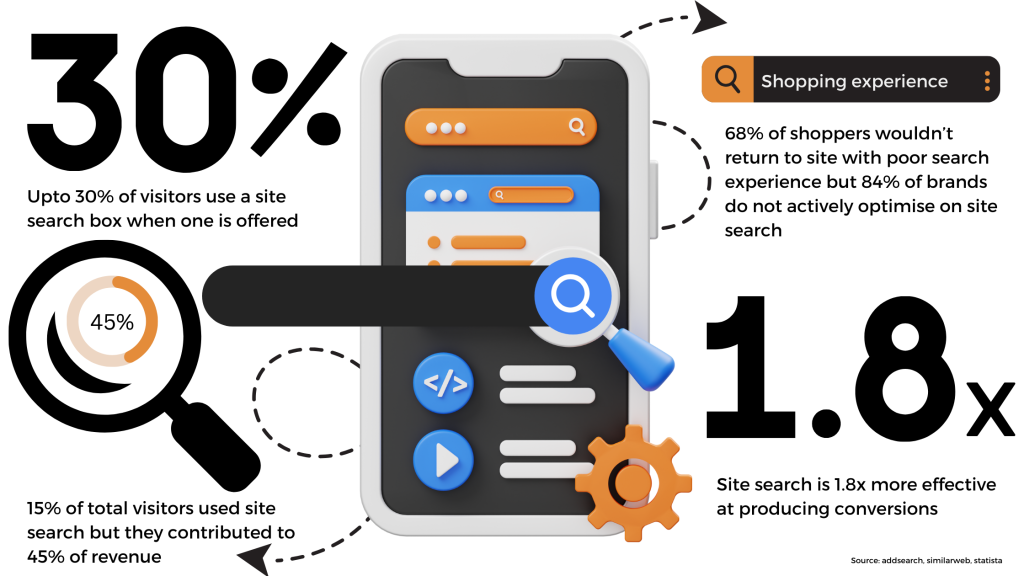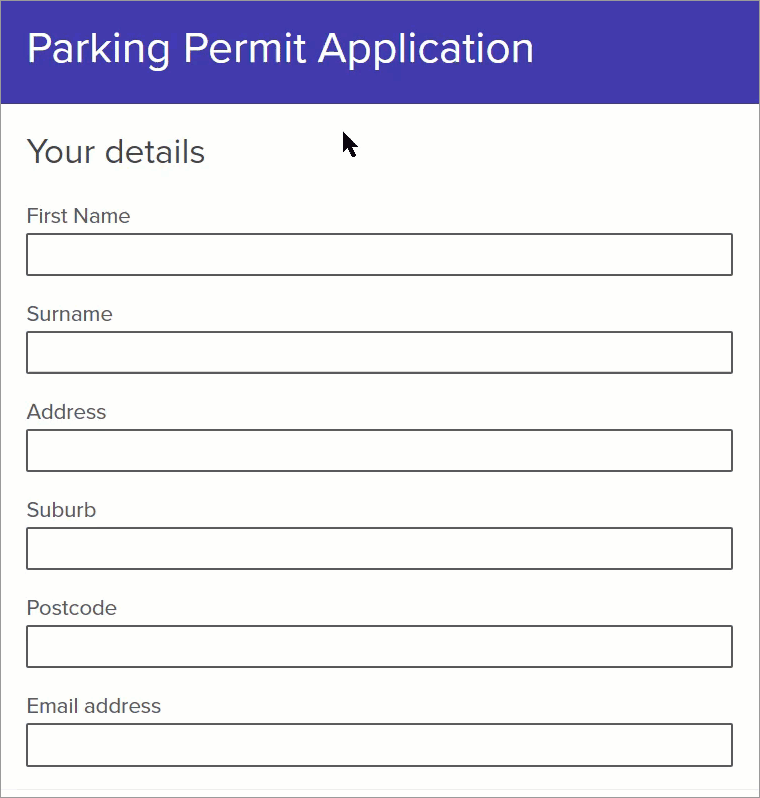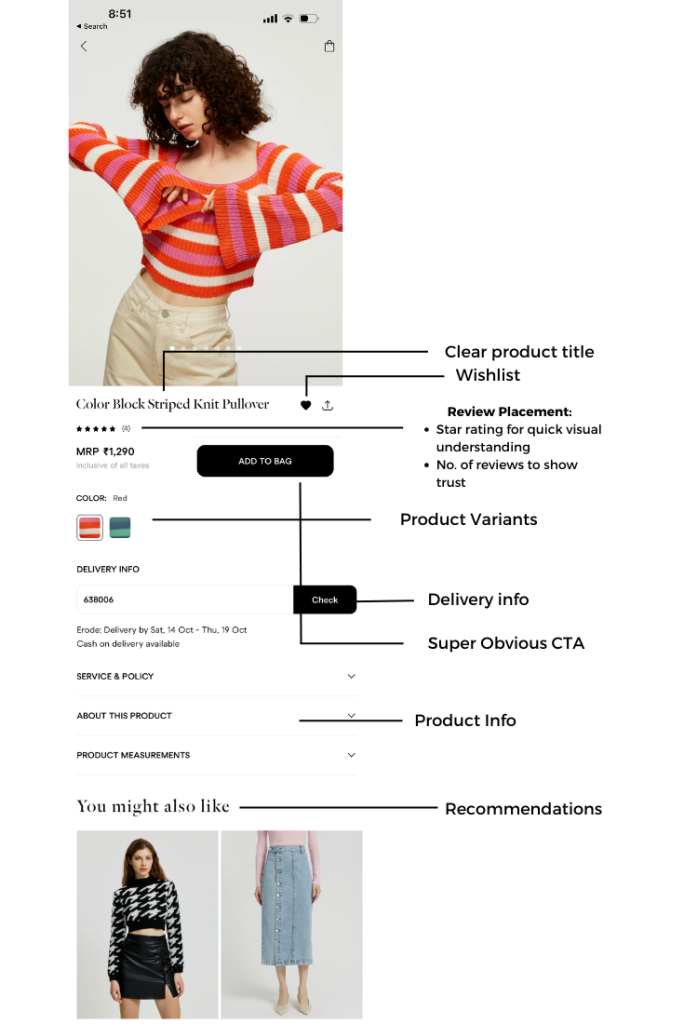You can define the mobile conversion rate as the number of visitors who visit the website on their mobile devices and the number of visitors who convert during these sessions.. So, it can be calculated with the below formula. A mobile conversion rate is a very important factor since most of the customers now browse products through your mobile. Mobile commerce has risen so much over the years.
People now use mobile a lot. They order food, they order groceries, and they order from Amazon. There are a million apps which have emerged in this bustling digital world.
Mobile conversion rate vs Desktop conversion rate
It is a fact that the mobile conversion rate always lags behind the desktop conversion rate.
The mobile conversion rate according to Salescycle is said to be 45% which lags behind desktop conversion which is up to 55 percent.
A survey found that most people browse through their phones but complete their transactions on desktop computers. In 2020, the mobile conversion rate reached 67%, but in 2022, it fell to 55.25%.
Do you experience this? Do you experience a drop in mobile conversion rates? Imagine 6.7 billion smartphone users regularly using their mobile to browse through products but they often abandon carts and just don’t convert at all. Imagine how much you can earn by converting those customers. Here are seven proven tips to help you convert customers through the mobile experience.
7 tips to increase mobile conversion rate
1. Optimize your site speed
Your mobile site speed plays a very important role in determining whether a customer stays and browses on your website or just leaves. Site speed can be defined as how quickly your web pages load when a particular page on your website is clicked or redirected. In a world where human attention has shortened less compared to a goldfish. Social media platforms like Instagram and Tiktok understood this behavior in humans and designed bite-sized content to keep them engaged. As an e-commerce business, it is your job to always take care of your site speed and get it optimized. Faster site speeds always support keeping the customers browsing through the website for a really long time.
And on top of that, site speed is also very important to get ranked on Google. This ensures good user experience. More like slaying two birds with one stone, of course.
Here’s how you can test your site speed
Need insights on more free tools like these? Click here
2. Optimize your site search
Users being able to navigate around your website is an important part of the conversion process. The churn rate appears to be very high if not for the search option and the navigational elements present in your website. Help your customers find products through a variety of options like breadcrumbs, menu bars, hamburger menus, filtering options, sorting options, and such.
Did you know that search contributes to at least 50% of the mobile conversion rates experienced in a website? (Contlo)
It is quite important that you include all the typo corrections in a search bar. People tend to search for particular things and if they, by mistake type a wrong spelling and if you’re able to give suggestions around what they’re looking for, then it’d be better for the conversion rate.

3. Use e-wallet payment methods
Surveys show that 53% of Americans now use digital wallets more than ever. This is a very drastic shift towards greater digitalization in the economy, according to Forbes. Enabling e-wallet payments like Apple Pay or Google Wallet allows customers to complete transactions in a single click, which is very convenient. The whole point of e-commerce being convenient is the main unique selling point behind its success. Be sure to include convenient payment methods for a better mobile conversion rate.
In fact, 19 percent of customers abandon their carts because of security concerns over giving out their payment information.
Ease this problem out for your customers.
4. On-page product recommendations
The mobile device is a very small device so that the information that you provide or the images that you place while displaying a product, is very crucial and plays a very important role. Make sure that it’s optimized for a very great mobile experience . It is vital that you provide very short and precise information that is needed and when you display on-page product recommendations. This would in turn, make it easy for the customers who are browsing to skip to similar products or related products that they are browsing for. Since the amount of content being displayed on product pages is really, really minimum, it is essential that you display social proof like customer reviews, in order to build trust and credibility among your customers.
5. Provide autofill forms
A lengthy checkout process can often overwhelm customers and lead to cart abandonment. If convenience is the key point driving mobile commerce, don’t you think auto-fill forms are the way to do so? Enable customers to automatically fill their names, addresses, contact numbers, and email address. This would be the most useful tool that can help ease conversion in a mobile website.
This feature streamlines the whole checkout process

Anatomy of a Product Page
We rely on product pages for conversion. On one hand, it is hard to design a one-size-fits-all product page, but on the other, there are key website features and functionalities that are always relevant, no matter how attribute-rich a product is, whether it has variants or plenty of configuration and customization.
A product page should always have the following information
- Product name
- Product description
- Product attributes and specifications
- Product variants
- Product recommendations
- Breadcrumb path
- High-quality product images and video
- Documentation
- Wishlists
- Chatbot and FAQ

Final Word
There is a rise in social commerce, voice commerce [it is the voice search people use to buy products], VR and AR replacing the traditional discovery methods. It is vital that you focus on mobile commerce and increase the conversion rates. IF you keep your mobile commerce very flexible with all these options, it is possible that you can convert a lot and convert high quality customers compared to the desktop conversion.







